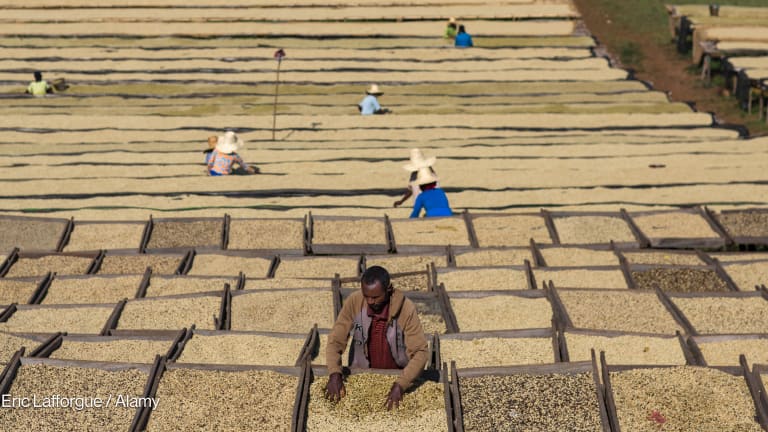Canada’s minister for international development has given his full support to the creation of development finance mechanisms, indicating the time may be right for the country to create its own institution dedicated to boosting private investment in low-income countries.
“I strongly believe that establishing a DFM would fill an important gap in our development toolkit,” Christian Paradis said during Engineers Without Borders Canada’s national conference last month. According to the minister, such a mechanism would contribute to Canada’s poverty-reduction efforts through private investment, while helping Canadian companies secure deals in emerging markets. In a subsequent interview, Paradis confirmed the Canadian government is indeed exploring creating a development finance institution or mechanism.
It wouldn’t be the first time that Canada has shown interest in a DFI. In fact, the notion has been cropping up every few years since the 1970s, yet Canada remains the only G-7 country without its own DFI. Now, supporters claim, it may finally happen.
This story is forDevex Promembers
Unlock this story now with a 15-day free trial of Devex Pro.
With a Devex Pro subscription you'll get access to deeper analysis and exclusive insights from our reporters and analysts.
Start my free trialRequest a group subscription







